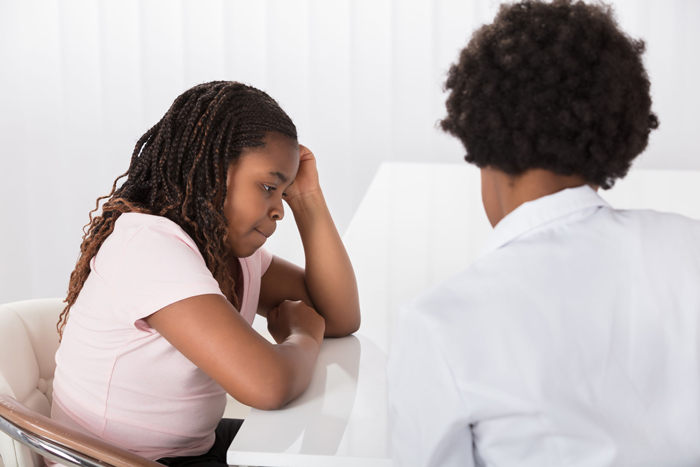Obsessive Compulsive Disorder in Kids— Signs to Watch Out For
by on 05/07/2025 ...

Few conditions are as ‘well known’ in popular culture as obsessive-compulsive disorder (OCD). At least when it comes to how frequently the term is thrown around in daily speak. People may use OCD to describe someone who is concerned about cleanliness and being organized. This, however, is not correct.
OCD is an actual mental illness which can be diagnosed by a mental health professional.
It can happen to anyone—kids or adults.
What Is OCD?
OCD is an anxiety disorder in which a person has unwanted thoughts and compulsive behaviors.
Repetitive thoughts, images, and sensations are called obsessions in those with OCD. They can keep popping up in a person’s mind so often that it overwhelms them.
When a person has obsessive thoughts, he or she feels urged to carry out repetitive behaviors—known as compulsions.
These obsessions and compulsions become a cycle that keeps going.
It is important to remember that not all repetitive behaviors or habits are considered compulsions. Some behaviors, like double checking if the door is locked, are normal.
The question is how excessive the double checking can get.
For those who have the condition, they generally spend at least an hour a day preoccupied with their obsessions and compulsions. This means that the disorder can interfere greatly with daily life, bringing about a lot of stress and worry.
How Do Kids with OCD Behave?

Kids from as young as preschool age can be diagnosed with OCD. Here are some common obsessions and compulsions seen in those with the condition:
Examples of obsessions
- Worries about contamination, disease or dying
- Worries about losing control and hurting self or others
- Fear of accidentally blurting out ‘bad things’
- Disturbing unwanted thoughts of a sexual nature
- Having a need for ‘perfection’ and wanting things ‘just right’
- Obsession with morality or right and wrong
- Preoccupation with superstition, like lucky numbers
Examples of compulsions
- Washing hands excessively
- Cleaning things excessively
- Checking things over and over (like if lights have been turned off)
- Repeating a routine activity excessively (such as opening and closing a door)
- Frequently apologizing
- Repeating something a specific number of times (because it is considered a ‘good’ number)
- Hoarding items
- Asking the same questions repeatedly
Why Does OCD Happen?
The exact cause for OCD is not known. There have been imaging studies conducted on people with OCD, that show differences in certain parts of the brain. However, the connection between these differences and the disorder is still not apparent.
Nevertheless, there are some known risk factors, such as:
- Having an immediate family member with OCD
- Experiencing stressful or traumatic events
- Having other mental health problems such as anxiety disorders or depression
What Are the Treatments For OCD?

If you are concerned about whether your child has OCD, do bring him or her to a mental health expert for diagnosis and further advice.
Here are a few treatment options a professional may suggest:
1. Cognitive-behavioral therapy (CBT)
A type of CBT called exposure and response prevention (ERP) is frequently used for OCD sufferers. In ERP, a mental health professional will guide your child through the process of facing his or her fears without surrendering to compulsions.
2. Family therapy
CBT can affect family life and relations. This therapy allows for better communication, understanding and handling of the CBT diagnosis within families.
3. Medicine
If your therapist thinks your child may benefit from medication, he or she can be referred to a psychiatrist. A psychiatrist may prescribe antidepressant drugs to help with symptom relief.
To learn more about anxiety in preschoolers, read this article.
Contact: Apple King Special Education Centre, Sungai Chua







































